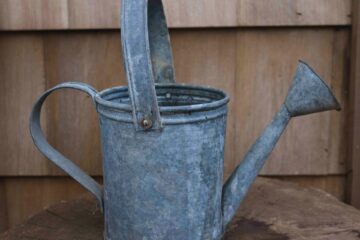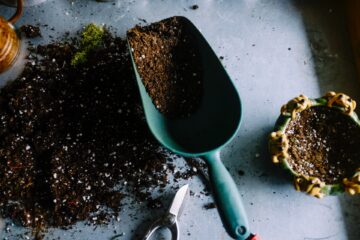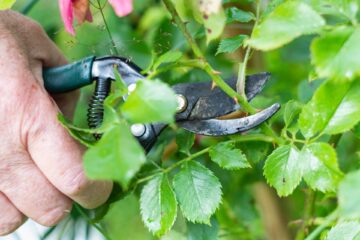Hello, fellow gardener! It’s that time of year again, when the sun is shining and everything in your garden starts to grow. As you get ready to plant your new crops and seedlings, it’s important to consider mulching. Sure, mulch has some benefits that are obvious—like keeping weeds down and moisture from evaporating—but there are many more perks as well. In this article, we’ll explore how mulch can improve soil quality over time and keep moisture in so plants can thrive all summer long. We’ll also go over some tips on how much to apply (or not) so your garden looks great while staying green!
Mulch can keep the weeds down.
Mulching is a great way to keep weeds down. It also helps keep moisture in the soil and prevent erosion, which can be helpful if you have sandy or rocky soil that tends to drain quickly. Finally, mulching will help prevent soil compaction–a common problem with many types of plants (especially those with shallow root systems).
It keeps moisture from evaporating.
Mulching is a great way to keep moisture from evaporating. The best time to apply mulch is after you’ve planted your garden, but before it gets hot and dry. If you wait too long, the weeds will begin growing underneath the mulch and make it difficult to pull them out later on.
The best kind of mulch depends on what kind of plants you have in your garden:
- Straw: This type of plant material decomposes quickly so it’s best used as a short-term solution until something else can be put down (like wood chips or bark). It also has an attractive gray color that blends nicely with most gardens!
It will help you save money on fertiliser.
Mulching is one of the best ways to save money on fertiliser. By keeping nutrients from leaching away, being washed away by rain, or being stolen by animals and insects, mulching prevents a lot of money from being wasted on fertilisers that your plants can’t use.
Mulching is a great alternative to plastic.
Mulching is a great alternative to plastic. While it’s true that mulch can get caught in roots and mouths, this is far less likely than with plastic. If you’re worried about your dog eating the mulch, use wood chips instead of bark dust or other fine-grained materials.
Mulch can improve soil quality over time.
Mulch can improve soil quality over time. As mulch breaks down, it adds nutrients to the soil, which helps plants grow better.
Mulch also helps prevent soil erosion by protecting against rain and wind damage. This is especially important for gardeners who live in areas prone to heavy rainfall or windy conditions like coastal regions or mountain areas.
Mulching looks pretty!
Mulch is a great way to add colour and texture to your garden. It can be used to create an informal, natural look, or a formal and modern one.
Mulching can be a lovely way to maintain your garden, and it provides a range of benefits beyond just keeping plants healthy!
Mulching is a great way to maintain your garden, and it provides a range of benefits beyond just keeping plants healthy!
- Mulch can help keep moisture in the soil. This helps prevent water loss through evaporation. In hot weather, mulch can reduce soil temperatures by as much as 20 degrees Fahrenheit (10 degrees Celsius).
- Over time, mulches break down into organic matter that improves soil quality while also providing nutrients for plants. This makes them an excellent alternative to plastic sheeting or other materials that don’t decompose quickly enough for many types of plants you may have in your yard–and they’ll look better too!
Mulching is a great way to maintain your garden and keep it looking nice. You can use mulch as a weed barrier, which means less work for you. It will also help retain moisture in the soil so your plants won’t need as much water in order to thrive. Mulch also improves soil over time by adding nutrients and organic matter, making it easier for plants’ roots to grow healthy deep roots systems that hold up against drought conditions or heavy rains alike!
Keep on top of your gardening with our free online journal
Our free online tool allows you to organise your ideas and garden plans and help you be as efficient as possible in the garden.
Sign up now

